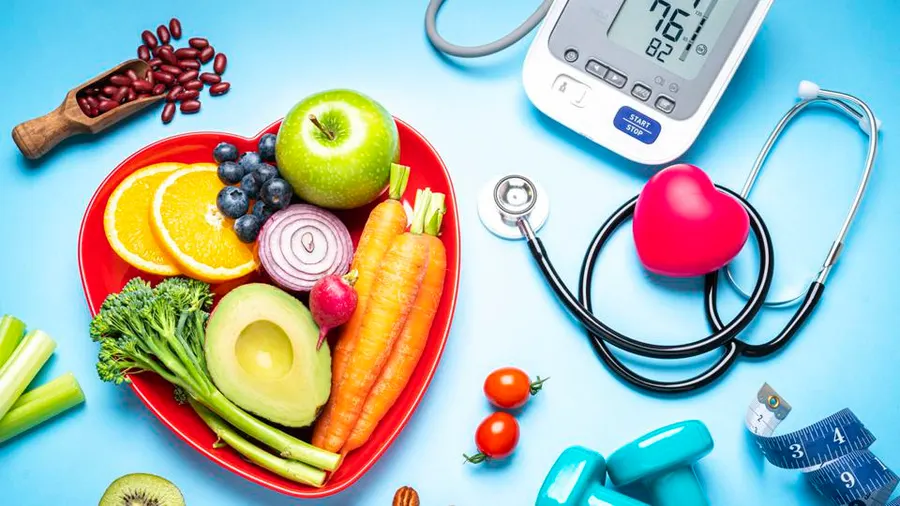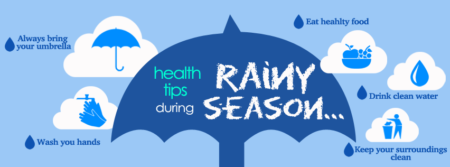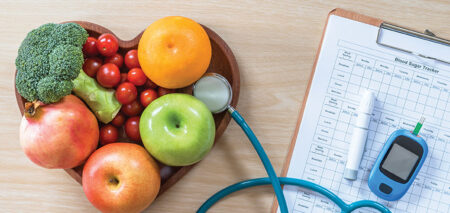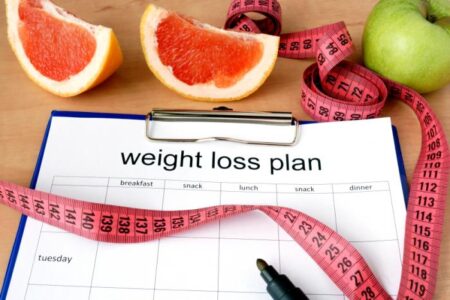Preventing high blood pressure, or hypertension, involves adopting a healthy lifestyle and making certain changes to reduce the risk of developing the condition. Here are some tips to help prevent high blood pressure:
- Maintain a Healthy Weight: Aim to achieve and maintain a healthy weight for your height and body type. Excess weight, especially around the waistline, increases the risk of high blood pressure. Losing even a small amount of weight can have a significant impact on blood pressure levels.
- Follow a Balanced Diet: Adopt a diet that is rich in fruits, vegetables, whole grains, lean proteins, and low-fat dairy products. Reduce the consumption of processed and high-sodium foods, such as fast food, canned soups, and salty snacks. Opt for foods that are low in saturated and trans fats. The Dietary Approaches to Stop Hypertension (DASH) diet, which emphasizes fruits, vegetables, whole grains, and low-fat dairy products, has been shown to be effective in lowering blood pressure.
- Limit Sodium Intake: Reduce the amount of salt in your diet. Sodium can raise blood pressure, so aim to consume less than 2,300 milligrams (about 1 teaspoon) of sodium per day. Be mindful of hidden sources of sodium in processed foods, canned goods, condiments, and restaurant meals. Instead, flavor your food with herbs, spices, and other seasonings.
- Exercise Regularly: Engage in regular physical activity to help maintain a healthy weight and improve cardiovascular health. Aim for at least 150 minutes of moderate-intensity aerobic exercise or 75 minutes of vigorous-intensity aerobic exercise per week. Additionally, include strength training exercises two or more days per week. Consult your healthcare provider before starting a new exercise program, especially if you have any underlying health conditions.
- Limit Alcohol Consumption: Excessive alcohol consumption can raise blood pressure. If you choose to drink alcohol, do so in moderation. Men should limit their intake to no more than two standard drinks per day, and women should limit their intake to one standard drink per day. A standard drink is typically defined as 5 ounces (148 milliliters) of wine, 12 ounces (355 milliliters) of beer, or 1.5 ounces (44 milliliters) of distilled spirits.
- Quit Smoking: Smoking can significantly increase the risk of high blood pressure and heart disease. If you smoke, take steps to quit. Seek support from healthcare professionals, join cessation programs, and utilize available resources to help you quit smoking successfully.
- Manage Stress: Chronic stress can contribute to high blood pressure. Find healthy ways to manage stress, such as practicing relaxation techniques, engaging in physical activity, pursuing hobbies, getting adequate sleep, and seeking support from friends, family, or professional counselors.
- Monitor Blood Pressure: Regularly monitor your blood pressure to stay informed about your readings. This can help detect any changes or abnormalities early on. If you have consistently elevated blood pressure or a family history of hypertension, work closely with your healthcare provider to develop an appropriate management plan.
Remember that these preventive measures may not guarantee the prevention of high blood pressure in all cases, as there can be various contributing factors. However, adopting a healthy lifestyle can significantly reduce the risk and promote overall well-being. It is important to consult with your healthcare provider for personalized advice and to discuss any specific concerns or risk factors you may have.











